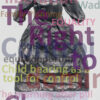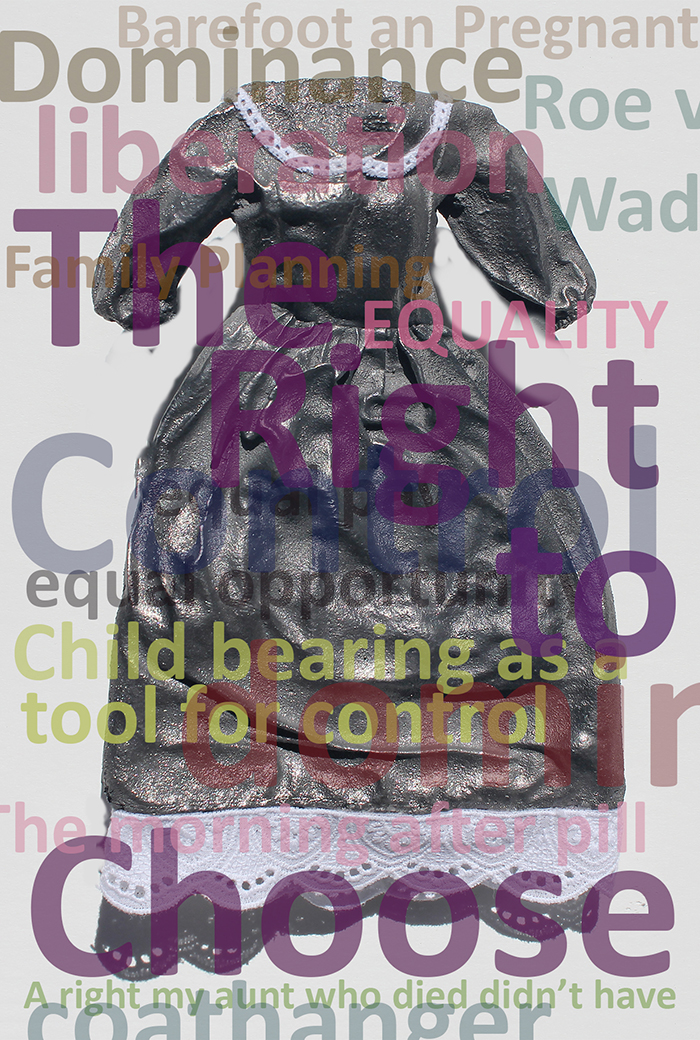The year is nineteen-fifty-something. Gloria Steinem is traveling abroad in India. She is pregnant with the wrong man’s baby. He’s not a bad man. He even wants to marry her. But she doesn’t love him. But there is so much more she still wants to do with her life.
The doctor who agrees to preform her abortion asks two things of her in return. One, that she will reveal his identity to no one. And two, that she will do what she likes with her life now.
You are twenty-one. You are being led to the recovery room of an abortion clinic. A nurse with a nose ring and kind eyes sits you down in a recliner. She presses a heating pad into your empty lap. She slides a brochure into your hand. The anti-anxiety medication you swallowed earlier is beginning to fizzle out in your bloodstream, flat as soda pop. But for now it still feels as though you’re sitting on a cloud, although you have the sinking sensation that you’ll be splatting up against the hard sidewalk of reality soon.
Across the room from you, there is a painting of a generic mountain landscape, the type that they hang in hotel rooms. You picture couples conducting clandestine affairs under a similar masterpiece and smirk to yourself, in spite of everything.
Across the room, in another recliner, is a woman with birthing hips and a poorly constructed bun. She’s got on a bleach splattered sweatshirt, yoga pants, and a wedding ring. The nurse attempts to hand the woman the brochure. She shakes her head.
“My husband is at home with the kids,” she admits. “He thinks I’m at the dentist.”
She doesn’t want to accidentally track in evidence where it doesn’t belong. She wants today to be forgotten. You try not to stare. There is something just so gutting about being in a room with other women and knowing that the only thing you have in common is what you have lost.
You hide your eyes in your brochure. In it’s folds are smiling twenty-something year old women, climbing mountains, adopting pets, chatting with friends. Neat little tips on how to get past today are typed out in comic sans across the pages, reminding you that in so many ways, the world is right where you left it.
In one of your history classes you are learning about Mao’s Great Leap Forward. In the countryside, the famine had become so bad that some fathers urged their wives to cook up their youngest daughters for dinner.
We are young, they would whisper. We can still have more children.
You haven’t eaten your daughter. But in a way, this is how you feel, she had to die in order for you to live. You are learning that sometimes it is possible to regret something and to still know it was the only path for you at the same time.
You will do what you like with your life from now on.
–Aliza


